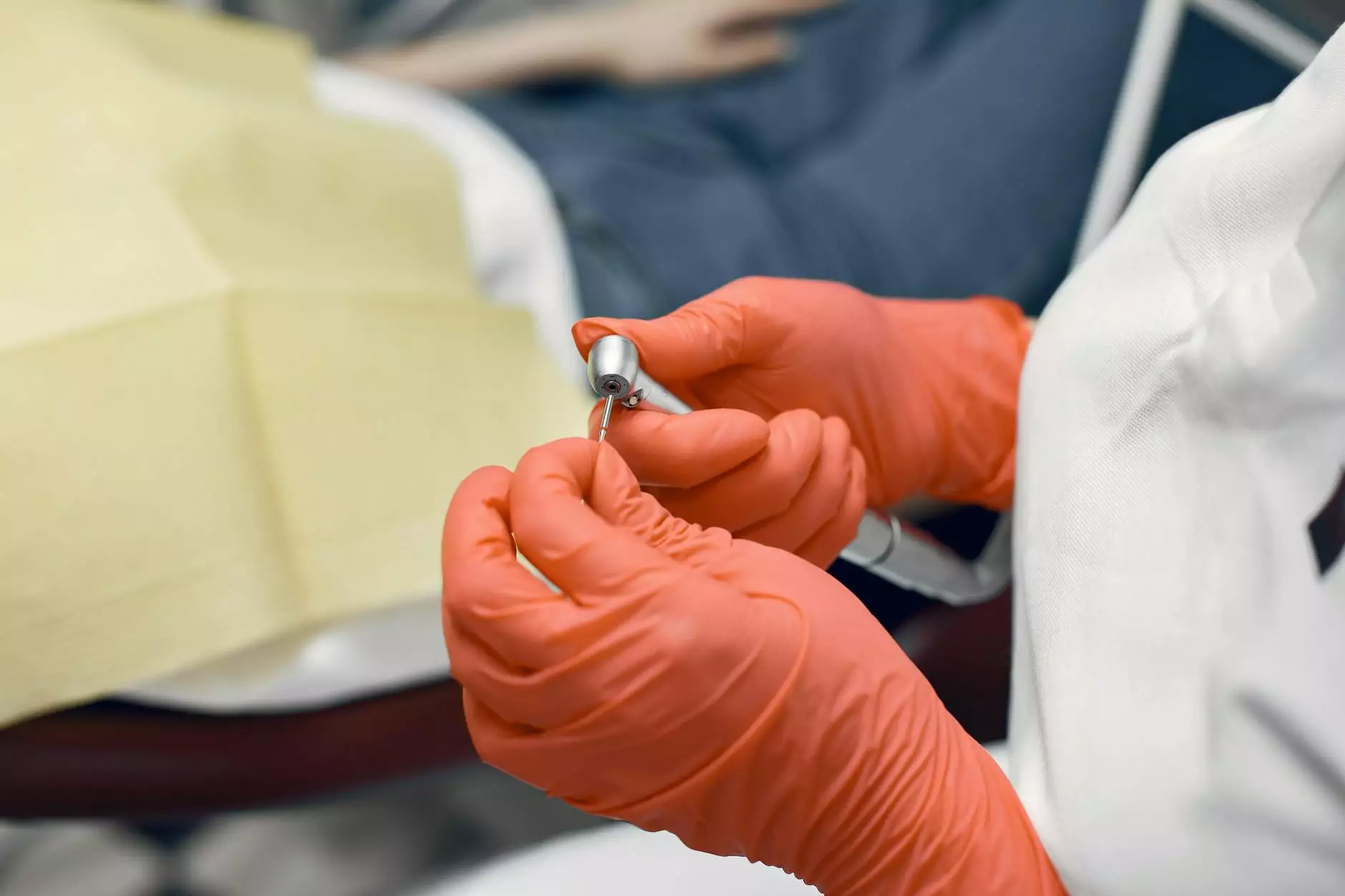The Comprehensive Guide to the Cost of a Dental Crown

The world of dentistry offers various solutions to help individuals maintain their oral health, and dental crowns stand out as one of the most effective options for restoring damaged teeth. In this comprehensive guide, we will delve deeply into the cost of a dental crown, elucidating the factors that contribute to pricing, the different types of crowns available, and answers to common questions surrounding this dental procedure.
What is a Dental Crown?
A dental crown is a cap-like structure that encases a damaged tooth, often utilized to restore its shape, size, strength, and appearance. Crowns can be made from various materials, including porcelain, metal, or a combination of both. They are typically recommended in situations where a tooth is:
- Severely decayed
- Cracked or fractured
- Chipped
- Worn down
- To support a dental bridge
- To cover a dental implant
Factors Affecting the Cost of a Dental Crown
The cost of a dental crown can vary significantly based on several factors:
1. Type of Material
The material used for the crown greatly influences its cost. Common options include:
- Porcelain Crowns: These are often used for anterior teeth due to their natural appearance but can be pricier.
- Metal Crowns: Including gold and other alloys, these are durable but may not blend well with the natural tooth color.
- Porcelain-Fused-to-Metal Crowns: Combining aesthetics with strength, these can sometimes be more affordable.
- Resin Crowns: Less durable, they typically come at the lower end of the pricing spectrum.
2. Geographic Location
The cost of dental services varies widely based on location. Urban areas may have higher costs than rural regions due to different expense levels for dentists.
3. Dentist's Expertise
The experience and reputation of the dentist can affect pricing as well. Highly skilled dentists with extensive training may charge more for their services.
4. Complexity of the Procedure
Some dental crown procedures may require additional work, such as root canals or dental implants, which can increase overall costs.
5. Insurance Coverage
Dental insurance often covers part of the cost of crowns, so understanding your benefits can significantly influence your out-of-pocket expenses.
Average Costs of Different Types of Dental Crowns
To provide a clearer insight, here are the estimated costs for each type of crown:
- Porcelain Crowns: $800 to $3,000 per crown
- Metal Crowns: $600 to $2,500 per crown
- Porcelain-Fused-to-Metal Crowns: $650 to $2,500 per crown
- Resin Crowns: $300 to $1,500 per crown
Benefits of Dental Crowns
Investing in a dental crown provides numerous benefits, including:
- Restoration of Functionality: Crowns restore normal function, allowing you to eat, speak, and smile comfortably.
- Durability: Depending on the material, crowns can last many years, reducing the frequency of dental repairs.
- Aesthetic Enhancement: Crowns can improve the appearance of your teeth, boosting self-confidence.
- Protection: They shield weakened teeth from further damage and decay.
The Process of Getting a Dental Crown
Understanding the procedure for obtaining a dental crown can help you prepare for the process:
- Initial Consultation: Discuss your options, the reason for the crown, and possible costs with your dentist.
- Tooth Preparation: The dentist will file down the affected tooth to make space for the crown.
- Impressions: Impressions of the tooth will be taken to create a custom crown.
- Temporary Crown: While the permanent crown is being fabricated, a temporary crown may be placed.
- Placement of the Permanent Crown: Once ready, the permanent crown will be attached and adjusted for the perfect fit.
Frequently Asked Questions About the Cost of a Dental Crown
1. Does dental insurance cover crowns?
Many dental insurance plans cover a portion of the cost of dental crowns, but coverage varies widely by provider and specific policy. It's essential to check your plan details before the procedure.
2. How long do dental crowns last?
The lifespan of a dental crown can vary depending on the material used and the care taken to maintain it, but generally, they can last between 5 to 15 years.
3. Are there alternatives to dental crowns?
Yes, alternatives may include veneers, fillings, or even dental implants, depending on the specific dental issue.
4. Can I get a crown on the same day?
Some dental practices utilize CEREC technology that allows for same-day crowns, significantly reducing the time and number of visits needed.
Conclusion
The cost of a dental crown may seem daunting at first glance, but understanding the nuances of dental crowns can empower you to make informed decisions about your dental health. With proper planning and consultation, you can ensure that the chosen solution is not only effective but also within your financial means. Remember to consult with your dental provider and verify your insurance options to get the best possible care tailored to your needs.
For anyone considering a dental crown, doing thorough research and understanding the costs involved can lead to a positive dental experience and lasting results. Whether you’re facing difficulty with a damaged tooth or seeking to improve your smile, a dental crown could be the perfect solution.









